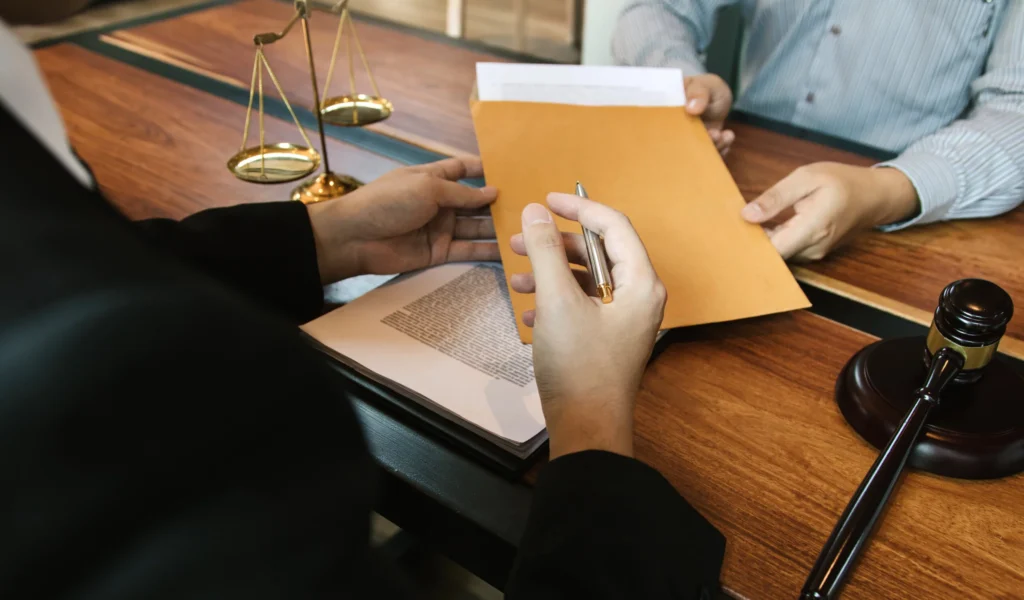In the digital age, the battle over intellectual property rights has transformed dramatically. Where once creators worried about unauthorized reproduction of books or films, the internet has not only facilitated but also proliferated the sharing of content, leading to a complex web of copyright infringement. For companies like Strike 3 Holdings, this has prompted a surge in legal battles to protect their assets.
The adult film production company, Strike 3 Holdings Lawsuit, has become prominent in recent years not for its explicit content, but for the legal crusade it has embarked upon. The company’s approach to combating piracy is groundbreaking, leveraging technology and leveraging the U.S. legal system in a way that has commentators and industry professionals alike taking notice.
This in-depth article will explore the legal challenges Strike 3 Holdings has faced, the criticism it has garnered, and the implications this has for the future of copyright enforcement.
Understanding Strike 3 Holdings’ Model
To comprehend the impact of Strike 3 Holdings, one must understand their business model. The company produces adult films, and as part of an anti-piracy strategy, it uses software to trace the digital footprints of individuals who are sharing their content without consent.
When unauthorized sharing is detected, Strike 3 Holdings files lawsuits, not to seek exorbitant damages, but as a means to identify the infringers and propose settlements that typically range in the thousands of dollars. It’s a form of targeted legal action aimed at deterring illegal file sharing. This extensive approach, however, has opened up a Pandora’s box of legal and ethical questions.
The Versus Model Versus Privacy Concerns
One of the primary criticisms lodged against Strike 3 Holdings is the scale of their operations and the potential lack of nuance in their enforcement. Critics assert that the company’s approach is heavy-handed, often leading to individuals who may not even be aware that they are sharing copyrighted material being caught in the crossfire.
The debate over privacy versus copyright enforcement has come to the forefront, exemplified by the Strike 3 Holdings lawsuits. On one side, companies like Strike 3 Holdings argue that without the ability to enforce against digital piracy, creators will not be able to protect their works. On the other, privacy advocates argue that the methods used can lead to privacy violations and the targeting of individuals who may not be the primary infringers.
The Legal Precedents and The Strike 3 Holdings Effect
The legal precedents set by Strike 3 Holdings’ cases carry significant weight in courts where similar copyright infringement claims are made. One of the most influential cases is the A. James L. & Artist Rights Enforcement v. Cox Communications, which has had a far-reaching impact on the responsibilities of internet service providers (ISPs) in policing their networks for copyright infringement.
This case and others like it have led to a situation where ISPs have stronger incentives to address infringement over their networks proactively. This, in turn, has increased the importance of accurate and lawful enforcement actions on the part of copyright holders like Strike 3 Holdings.
The Evolving Landscape of Digital Piracy
Digital piracy is not a static issue. It has evolved in tandem with advancements in technology. File-sharing services are continually adapting, making it increasingly difficult for copyright holders to detect and enforce against piracy.
The ease of sharing content online has led to a casual attitude towards the ownership of digital content. Many consumers do not differentiate legally obtained content from that which is pirated. This presents a significant challenge for creators and the legal entities that represent them, especially in discerning which instances of infringement are truly harmful to rights holders.
The Human Cost of Technological Vigilance
Reinforcement of copyright law through legal action like Strike 3 Holdings’ lawsuits has a human cost. Many of the defendants in these cases are not criminals or hardened pirates; they are often individuals who may not fully understand the implications of their actions in the eyes of the law.
The financial and emotional burden of being named in a copyright lawsuit can be overwhelming. It can disrupt personal and professional lives, even if the final judgment is in the defendant’s favor. For Strike 3 Holdings to truly be effective in its mission, it must address the collateral damage its methods might cause to individuals who do not fit the profile of malicious copyright infringers.
Open Dialogue and Constructive Solutions
The issues surrounding the actions of Strike 3 Holdings and similar copyright enforcement models are not easily resolved. An open dialogue between stakeholders, including content creators, distribution platforms, individual consumers, privacy advocates, and the legal system, is crucial.
Such discussions can lead to more nuanced approaches to copyright enforcement that balance the protection of intellectual property with individual rights and privacy. A collaborative effort to develop technology and standards for proving copyright infringement that are both effective and respectful of privacy could provide a path forward.
The Broader Implications for Copyright Enforcement
The wave of lawsuits filed by Strike 3 Holdings raises broader questions about the future of copyright enforcement. Will we witness a proliferation of similar tactics from other copyright holders? How will the legal system adapt to address the challenges posed by digital piracy in the 21st century?
The actions of Strike 3 Holdings could set precedent for other industries that face similar challenges. This could include music, film, and software, among others. The degree to which other entities follow in their footsteps, and the extent to which courts uphold their actions, will have long-lasting effects on internet privacy and the enforcement of intellectual property rights.
Ethical Concerns and the Future of Digital Content
The future of digital content depends on how companies like Strike 3 Holdings and others choose to enforce their rights. The road ahead is fraught with ethical considerations, especially as technological advancements continue to blur the lines between what is public and private.
The actions of companies like Strike 3 Holdings have intensified the debate on what rights creators have in a digital world and what responsibilities we have to protect them. As the intersection of law and technology grows increasingly complex, finding a balance will be crucial in shaping a future where creators are compensated fairly for their work without compromising individual rights and privacy.
Conclusion: Finding a Middle Ground
The case of Strike 3 Holdings is emblematic of the conflicts that arise when technology outpaces the law. Its innovative approach to copyright enforcement forces us to confront the murkier aspects of digital content sharing. While the company has been effective in many regards, its methods have also drawn significant criticism.
To move forward, an industry-wide effort is necessary to establish best practices for detecting and addressing copyright infringement. Such practices should emphasize accuracy, privacy, and fairness. The Strikes 3 Holdings lawsuits are not just a concern for the adult film industry; they serve as a litmus test for the broader digital economy. It is the responsibility of all stakeholders to ensure that the solutions we develop are just, ethical, and conducive to the ongoing creation and distribution of digital content.
In the realm of digital copyright enforcement, we are just at the beginning of what promises to be a protracted battle. The outcome will shape not only the businesses and individuals involved but also the very fabric of our digital society. It is incumbent upon us to find a middle ground that protects the rights of creators without undue harm to the public and the values we hold dear. Only through dialogue and compromise can we effectively address the challenges of the digital era while preserving the integrity of our legal system and the privacy of individuals.







